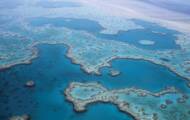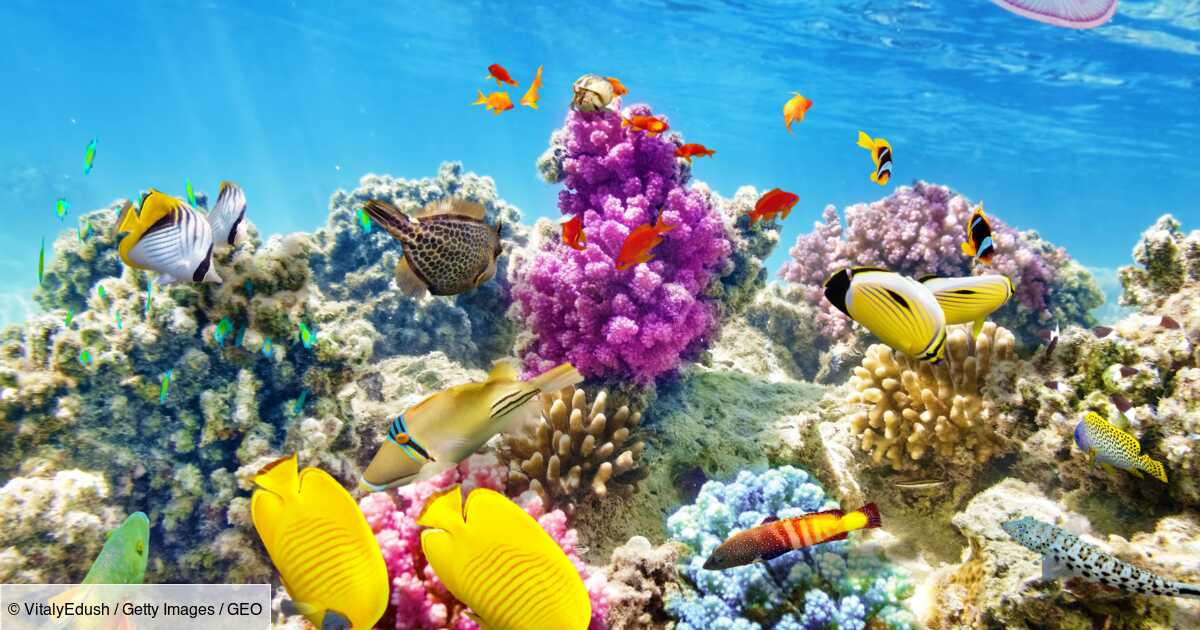Coral reefs, made up of hundreds of thousands of tiny creatures, are marine wonders. They play an important role in capturing CO2 emissions and protecting coastlines from storms and erosion. But they are also the most endangered ecosystem on the planet. According to a recent IPCC report, warming to 1.5 degrees is estimated to last only 10-30% of coral reefs. If warming is greater, prospects for survival drop significantly. Therefore, an international team of scientists is trying to map the coral reefs that are most likely to escape destruction from ocean heat waves.
Their research was published in the journal Biology of Global Change, Thursday April 14th. According to their results, transmitted by BBC News, which lies along Cuba’s northern coast will offer the most resistance to climate change. Other promising sites are grouped around the Bahamas, the Dominican Republic, Guadeloupe, Haiti, eastern Jamaica, and the US state of Florida. To create this map, scientists compared different climate models and analyzed the effects of certain factors, such as storm damage and heat stress. They use it to define a list of priority corals that should be protected because of their better resistance to climate change.
valuable information
Finding and protecting sites that “have the greatest promise for saving key species will be key to helping this valuable habitat survive as the planet continues to warm,” said lead researcher Iliana Chollett. This information is critical for targeting coral reef conservation efforts to “provide sustainable climate-smart protection for ecosystems that is likely to last this century,” added Ximena Escovar-Fadul, of the organization.
But scientists say their research, in line with other research, shows that coral reefs will not survive 2°C of warming, meaning urgent reductions in greenhouse gas emissions are needed to save future generations. According to a large-scale scientific study conducted by the Canadian University of British Columbia, which was inaugurated on September 17, the world’s coral reefs have shrunk by half since the 1950s.
Read also:
Will the Great Barrier Reef eventually be classified as “endangered” by the United Nations?
–
–
Biodiversity: how can we protect our oceans?
–
–

Great Barrier Reef: a new episode of massive coral bleaching is underway
–
–
–
 –
–
TV Practitioner. Unable to type with boxing gloves. Hardcore food geek. Creator.
—-
–


